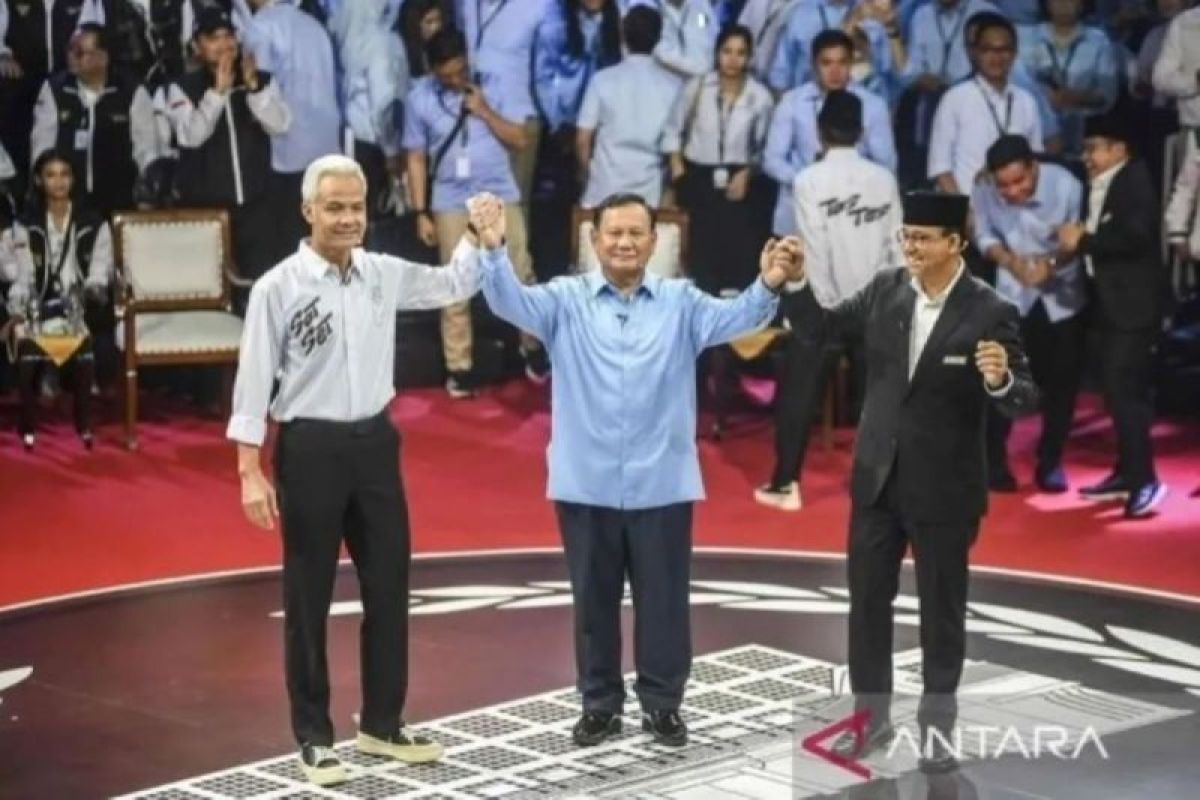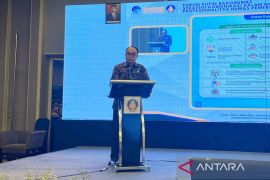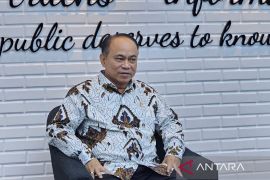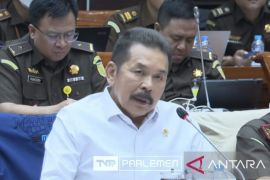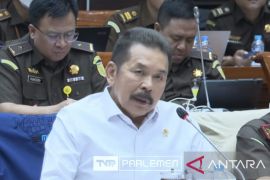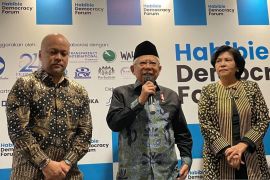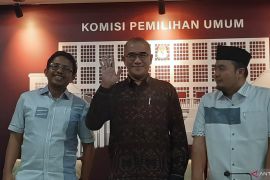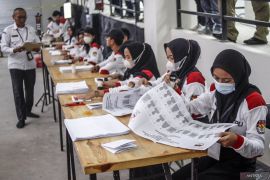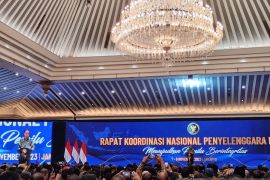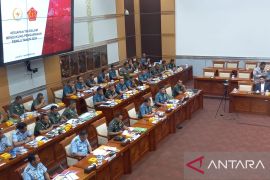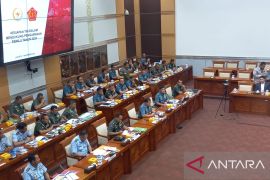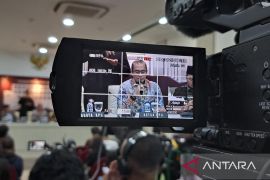Here, it would be worthwhile to ask: Has Indonesia been genuinely implementing elections in an independent, honest, fair, legally-certain, orderly, open, proportional, professional, accountable, effective, and efficient fashion?
This is where participative supervision comes into play, given that Indonesia needs to ensure comprehensive supervisory measures, including monitoring candidates, people’s election-related activities, as well as the performance of the General Elections Commission (KPU), General Election Supervisory Agency (Bawaslu), and General Elections Organizer Honorary Council (DKPP).
According to executive director of the Association for Elections and Democracy (Perludem), Khoirunnisa Nur Agustyati, people’s active participation in elections will grow if election organizers manage to ensure transparency, including by providing people with access to the backgrounds of those contesting the elections.
She emphasized the importance of the people genuinely overseeing all stages of the upcoming general elections in addition to exercising their voting rights.
Statistically speaking, the rate of people’s participation at polling stations (TPS) has fluctuated during the Reformation Era. As per data from the KPU, voter participation in the 2004 General Elections stood at 84.7 percent. In the 2009 General Elections, the figure slid to 71 percent.
However, it rose slightly to 75.11 percent five years later. Then, in 2019, KPU recorded a higher voter turnout of 81.69 percent, hinting at a higher level of enthusiasm toward the festival of democracy.
This time around, it is a matter of how to encourage the public to not only come to the TPS, but also participate in all stages of the elections.
Currently, the campaign period, which started on November 28, 2023, and will conclude on February 10, is underway. The period will be succeeded by an intervening period, from February 11–13, during which all parties will be required to stop campaigning before the voting day on February 14.
During this time, people can help local election supervisory committees by reporting any alleged election violations by contestants and their teams.
A total of 18 national political parties have joined the political battle this year. According to their serial numbers, they are:
- National Awakening Party (PKB),
- Great Indonesia Movement (Gerindra) Party,
- Indonesian Democratic Party of Struggle (PDI-P),
- Party of the Functional Groups (Golkar),
- National Democratic (NasDem) Party,
- Labour Party,
- Indonesian People’s Wave (Gelora) Party,
- Prosperous Justice Party (PKS),
- Nusantara Awakening Party (PKN),
- People’s Conscience (Hanura) Party,
- Garuda Party,
- National Mandate Party (PAN),
- Crescent Star Party (PBB),
- Democratic Party,
- Indonesian Solidarity Party (PSI);
- Indonesian Unity Party (Perindo);
- United Development Party (PPP);
According to the KPU, the 18 national parties are vying for 580 seats in the House of Representatives (DPR) from 84 electoral regions across Indonesia. Meanwhile, 2,372 and 17,510 seats are being contested at the provincial and district/municipal legislative councils, respectively. Positions in the Regional Representative Councils (DPD) in 38 electoral regions are also being fought.
Meanwhile, three candidate pairs have registered for the 2024 presidential election: Anies Baswedan-Muhaimin Iskandar (Pair Number 1), Prabowo Subianto-Gibran Rakabuming Raka (Pair Number 2), and Ganjar Pranowo-Mahfud MD (Pair Number 3).
The commission has officially set a 75-day election campaign period from November 28, 2023, to February 10, 2024, for the three pairs of presidential and vice presidential candidates.
All participating political parties and presidential contenders have pledged to conduct peaceful presidential and parliamentary elections.
During the campaigning and succeeding period, some candidates, or even their teams, tend to indulge in money politics by visiting people’s homes and offering money in exchange for votes.
People’s awareness and active supervision are vital to check the practice and deter candidates and their teams from resorting to it.
It should be noted that Law No. 7 of 2017 concerning General Elections, as amended by Law No.7 of 2023, strictly forbids candidates and their campaign teams from persuading people to vote for specific contestants by offering gifts, including in the form of money.
As per the law, those found encouraging people to not exercise their voting rights would face four-year imprisonment and a maximum fine of Rp48 million (US$3 thousand).
People must exercise strict supervision of the election process to prevent any candidate from putting a stain on the conduct of the 2024 General Elections and to ensure the elections remain an honest and fair democratic fiesta for the sake of the nation.
Related news: Ballot booth vote-casting by Germany's Indonesians on Feb 10: PPLN
Related news: PPLN Kuala Lumpur receives election logistics ahead of voting day
Editor: Rahmad Nasution
Copyright © ANTARA 2024
